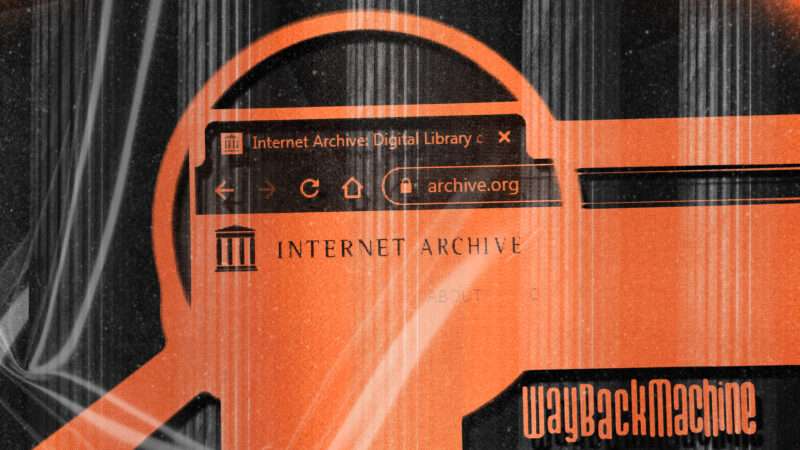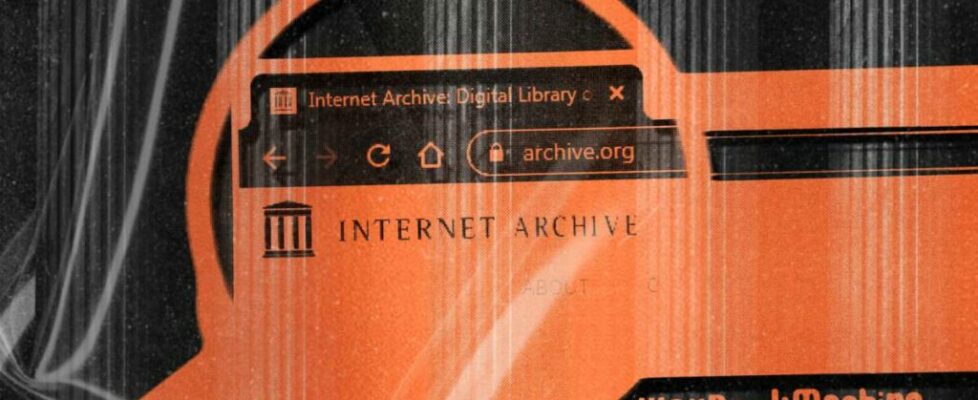Courts Are Coming for Digital Libraries

In September, a federal appeals court dealt a major blow to the Internet Archive—one of the largest online repositories of free books, media, and software—in a copyright case with significant implications for publishers, libraries, and readers.
The U.S. Court of Appeals for the 2nd Circuit upheld a lower court ruling that found the Internet Archive’s huge, digitized lending library of copyrighted books was not covered by the “fair use” doctrine and infringed on the rights of publishers.
Agreeing with the Archive’s interpretation of fair use “would significantly narrow—if not entirely eviscerate—copyright owners’ exclusive right to prepare derivative works,” the 2nd Circuit ruled. “Were we to approve [Internet Archive’s] use of the works, there would be little reason for consumers or libraries to pay publishers for content they could access for free.”
Following the decision, Maria Pallante, president of the Association of American Publishers, said in a press release that the Archive “attempted to do what no one had done before, which was to call unauthorized distribution of entire books ‘lending’ without permission.”
The Internet Archive is a nonprofit with a mission “to provide Universal Access to All Knowledge,” with an online collection of 44 million books and texts. It also operates a digital lending library called the Open Library. The Archive owns a physical copy of every book in the Open Library, and it scans and uploads them. Except for a period during the COVID-19 pandemic, the Archive has allowed only one digital copy of a book to be checked out at a time—a one-to-one owned-to-loaned ratio, just like a brick-and-mortar library.
In 2020, four publishers—Hachette Book Group, HarperCollins Publishers, John Wiley & Sons, and Penguin Random House—sued the Archive, alleging copyright infringements. A federal court ruled against the Internet Archive in March 2023, and the nonprofit appealed the decision to the 2nd Circuit last September.
The Archive argued that its Open Library was protected by fair use doctrine and that scanning the books was a transformative use of the material done in the public interest.
“Our take is that it’s absurd that the Internet Archive is allowed to mail me a physical book it owns. The physical publishers can’t stop that. But [the Archive] can’t give me the same content in digital form,” Cara Gagliano, senior staff attorney for the Electronic Frontier Foundation, which is representing the Archive in court, told KQED in San Francisco.
The 2nd Circuit rejected that argument almost entirely, holding that the Archive’s digitization didn’t improve the efficiency of lending; that it didn’t constitute transformative works, but rather “derivative” works; and that it directly competed with publishers by offering free versions of their entire product.
“True, libraries and consumers may reap some short-term benefits from access to free digital books, but what are the long-term consequences?” the court wrote. “If authors and creators knew that their original works could be copied and disseminated for free, there would be little motivation to produce new works.”
The 2nd Circuit’s reasoning fundamentally misunderstood several issues at the heart of the case. Publishers have steadily made e-licenses for books more expensive and subject to more and more frequent renewals, making it difficult for libraries to afford extensive online catalogs.
The 2nd Circuit also claims to be protecting authors, but the typical users of the lending library are writers and researchers who need to briefly get their hands on an old book, not someone looking for the latest bestseller. (For example, when I was researching a story about the history of the Drug Enforcement Administration for Reason, I used the Archive’s Open Library to check out a scan of Joe Eszterhas’ Nark!, an out-of-print 1974 nonfiction book detailing the deadly misadventures of federal narcotics agents.)
While the rest of the internet becomes noticeably worse and more obnoxious—a process the author Cory Doctorow memorably calls “enshittification“—the Archive remains an example of the radical digital freedom that the World Wide Web originally promised to users.
The 2nd Circuit’s ruling is a gift to the “weary giants of flesh and steel,” as John Perry Barlow’s 1996 “Declaration of the Independence of Cyberspace” called the industries and governments trying to regulate the early internet. The Internet Archive was founded the same year Barlow published his manifesto.
The nonprofit said in a press release that it was “reviewing the court’s opinion and will continue to defend the rights of libraries to own, lend and preserve books.”
The post Courts Are Coming for Digital Libraries appeared first on Reason.com.
